L'Associació Catalana per la Pau, together with International Action for Peace, launches a portal to denounce human rights violations in the Philippines.
Always in the shadows, never on the agenda of major global media outlets, the Philippines faces a harsh reality: a country marked by repression, abuses, and systematic violation of human rights. Unless a natural disaster shakes its foundations, the news broadcasts and newspaper pages seldom recall a situation that barely becomes visible on the international stage.
In this context of a complete absence of media focus, emerges 'Human Rights Philippines', a web project conceived by the Associació Catalana per la Pau and International Action for Peace based on their work with the Asian country through the Karapatan alliance. The portal aims to reveal a violent hidden reality and provide an in-depth look at the state of human rights in the country, moving forward with the collaboration of the National Union of People's Lawyers, Union of People's Lawyers in Mindanao, and Viva Salut.
The project, also supported by the Catalan Agency for Development Cooperation, scrutinizes the repression of human rights defenders during Rodrigo Duterte's tenure (between 2016 and 2022) and the recent era under the leadership of Bongbong Marcos —son of the former dictator Ferdinand Marcos— and Sara Duterte —daughter of the outgoing president. The portal, available in three languages, seeks to be an evolving informative and analytical beacon.
'Red-tagging' and Duterte's phrase: "Kill them all!"
The project aims to bring justice through the transparency of a country that, due to external influences, finds itself trapped between world powers and suffers the consequences of a long history of dictatorships and social inequalities. Rodrigo Duterte's government has exacerbated human rights violations, plunging the country into a climate of impunity and systematic repression against human rights defenders.
The conclusions of the Associació Catalana per la Pau and International Action for Peace leave no room for doubt: under Duterte's mandate, the Philippines experiences 'a rapid decline in the respect, protection, and guarantee of human rights, worsening each day due to anti-popular policies and counter-insurgency campaigns.' Among these, the 'serious danger' of 'red-tagging' stands out: a practice through which the Government accuses —without evidence— individuals and organizations supporting local communities or promoting human rights, justice, and peace as enemies of the State and terrorists.
The phrase 'Kill them all!' by Rodrigo Duterte headlines the report available on the portal, through which the platform provides an analysis of the situation. The motto exemplifies the impunity that has prevailed in the Philippines under the so-called 'war on drugs,' a supposed operation to combat drug trafficking that officially claimed 8,663 lives —although the actual figure is estimated to be even three times higher.
An effort to spotlight the Filipino issue
Despite warnings from international organizations, the situation appears to worsen with the new government, which shows a clear continuity —even genetic— between regimes after the controversial elections of 2022. Seeking to raise awareness and collaboration to ensure the situation receives the attention it deserves, the Human Rights Philippines project goes beyond reports; it includes a timeline of historical milestones, real cases, and a specialized glossary.
The gravity of the situation led the International Criminal Court to conduct a preliminary examination, concluding that crimes against humanity were committed between 2016 and 2019. Thus, the objective is clear: amplify silenced voices and shed light on realities hidden under the yoke of repressive policies. To achieve this, the platform gathers an extensive body of research, also reflected in the documentation of various cases of assassinations of human rights activists like Zara Álvarez or the Tagalog 9, killed during the so-called 'Bloody Sunday.'
The coordinated effort among organizations has successfully brought visibility to the Filipino issue in the most forceful manner: by listening to the testimonies of human rights defenders exiled in Europe. With the aim of amplifying cooperation and education on global justice in the Philippines, the project relies on the voices of these individuals who, between February and May 2022, traveled to Barcelona to share their experiences with the Associació Catalana per la Pau 'on behalf of different human rights organizations.'
"We hope that the website serves to encourage more entities and organizations to unite their efforts, in order to create a strong and effective network in working for cooperation and education on global justice in the Philippines," write members of the Associació Catalana per la Pau. The defense of human rights must be a global commitment, and the Human Rights Philippines project is a step toward raising awareness and promoting broader collaboration that transforms the Filipino issue into more than just a distant news piece.

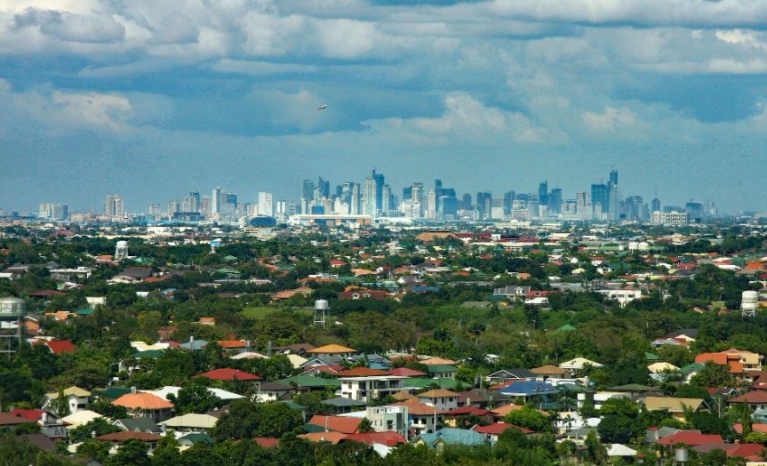
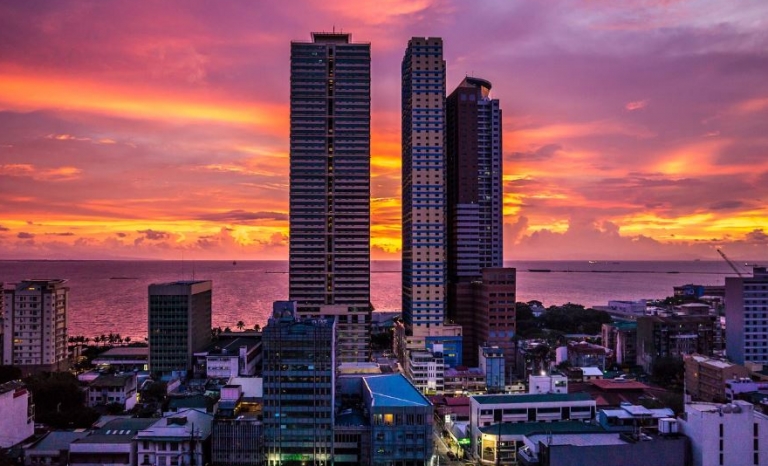
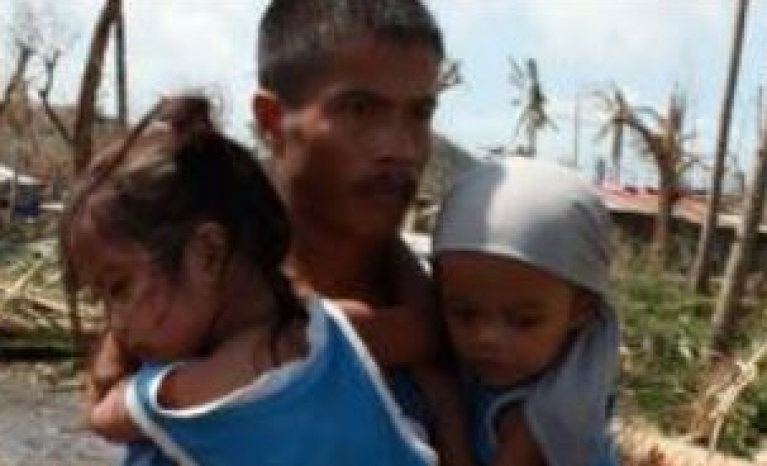
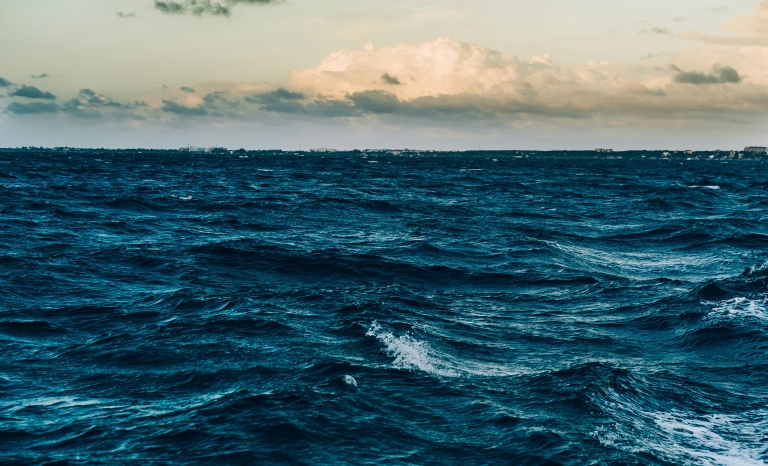
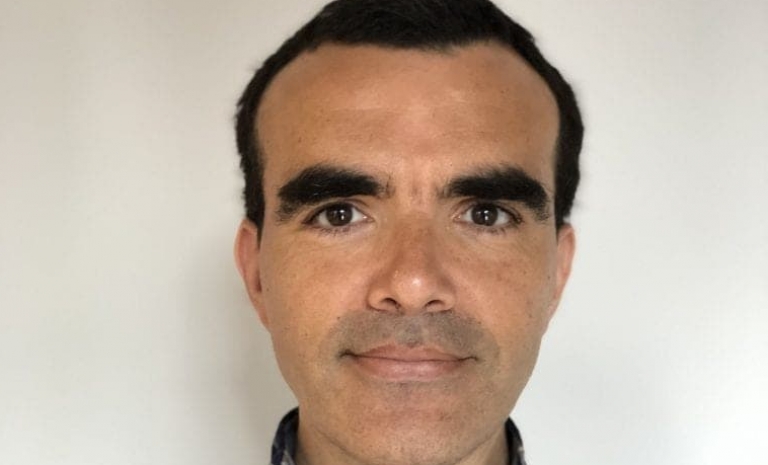
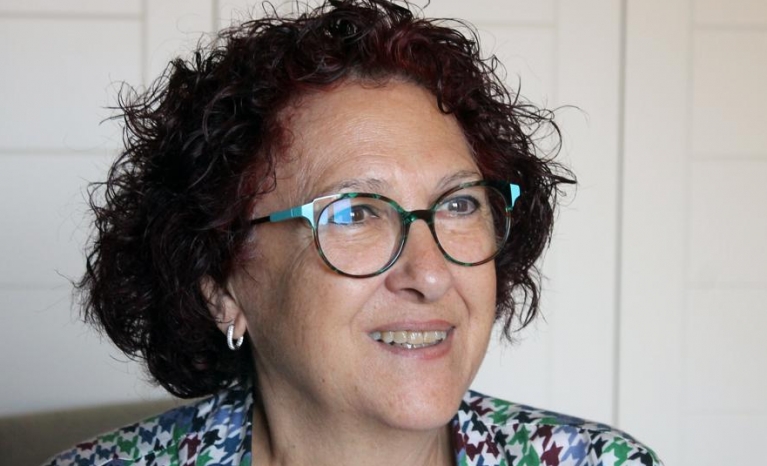
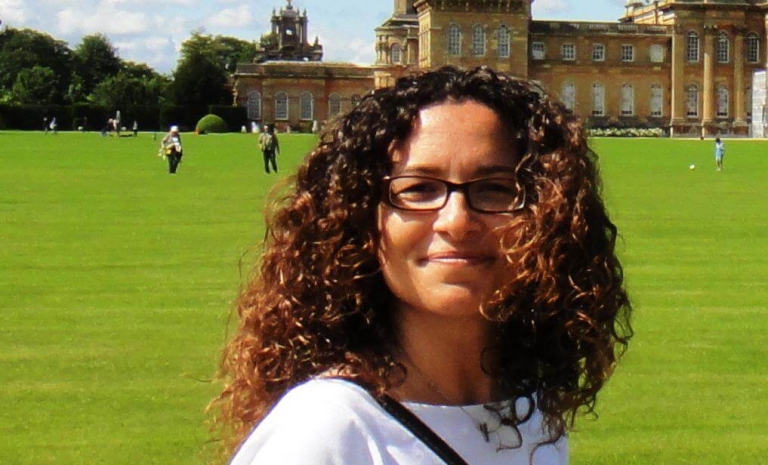



Add new comment